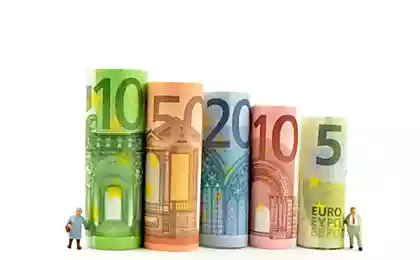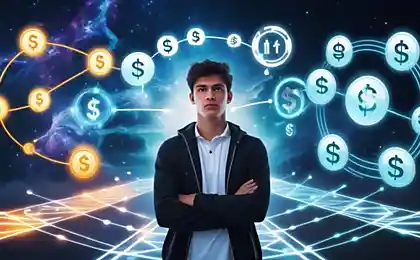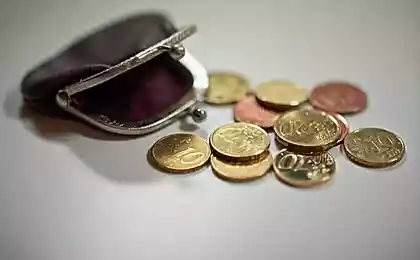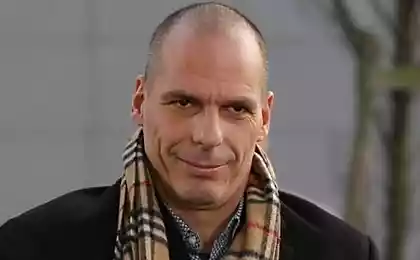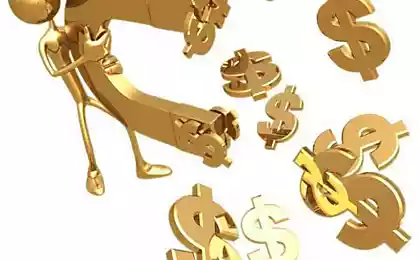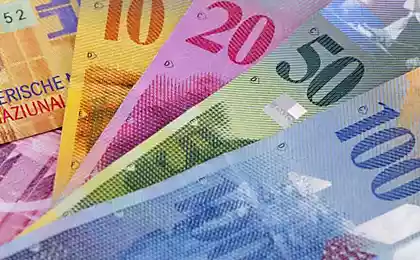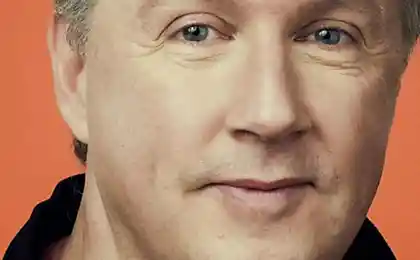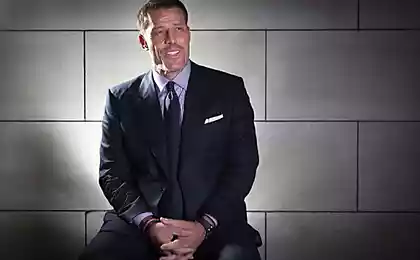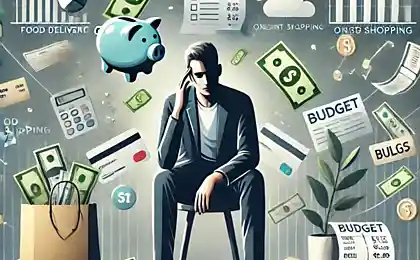1880
American venture capital fund has decided to independently verify the idea of an unconditional income
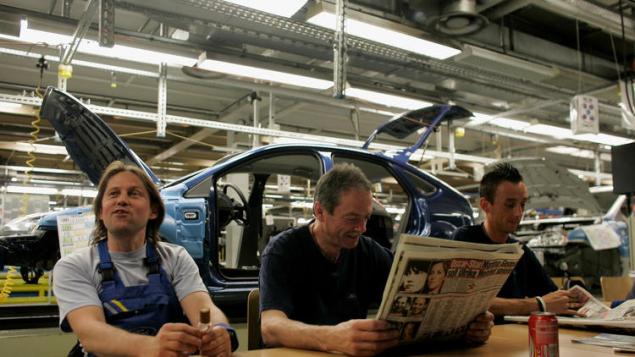
The famous Y Combinator venture fund decided to privately test the functionality of the idea of an unconditional income. Investors interested in what will be engaged in people who would no longer need to work in order to survive. The exact amount that will distribute the fund, has not been disclosed - is only mentioned that it would be "enough for life." The experiment is designed for 5 years.
In the blog post, Sam Altman [Sam Altman], President of the Foundation, expressed his confidence that in this scheme - the future, especially against the background of the gradual disappearance of traditional jobs due to technological progress
. He notes that in 50 years the idea of motivating people to work under threat of lack of food will seem wild. Altman sure that it is impossible to create a truly level playing field and equal opportunities, are not implementing any of the options unconditional income.
The authors of the idea is interesting to know what will make the lucky ones who receive money for living. Will they be all day playing video games, or will be engaged in the works? Would they be happier? Do they achieve more and bring there more benefit to society, having lost the fear of lack of money to buy food? Whether they will create more value than receive?
Unconditional income - a fixed amount of money allocated monthly to citizens without whatever conditions. It replaces the existing benefits and allowances, and in theory, should improve the quality of life and the economic situation. Similar experiments were carried out in many countries on a limited scale, and have been found to be successful in general. Recently, the Government of Finland started to develop plans for the introduction of an unconditional universal income, scheduled for 2017. Already announced the first results of the experiment with the private unconditional income in Germany.
Unfortunately, the idea of an unconditional income have some reasonable objection. Firstly, all the experiments, no matter how successful they may seem, were carried out on a limited number of persons. But such studies are often non-scalable - it is not known what would happen if we extend them to the entire state
. Secondly, the introduction of an unconditional income in one country can lead to results opposite to the expected. Get a good guide people can do "downshifting", using the well-known analogue circuits "apartment from her grandmother in Moscow," and just go somewhere in the poorer countries, where it is possible to live peacefully with the money. As a result, instead of the economic recovery will start finance outflow from the country.
Unconditional income - one of the options revive the stagnant economy in the face of global recession. Now the money is used to build up the "top", settling the accounts of the rich and ceasing to nourish the economy - just as the circulatory disturbances cease to feed the living tissue. Money constantly Coiled "down" theory should revitalize the entire system.
Another, far less pleasant option revive sluggish economies, it is increasingly popular policy of negative interest rates, coupled with a tendency to ban cash.
OPS first introduced in Sweden, their contagious example was followed by Japan, and now the Fed is considering such a measure. At the same time the requirements to prohibit cash advocate Norway's largest bank, the Bank of England, Citigroup, and a leading German economist.
In Europe, the movement is gaining momentum on the prohibition of bills of 500 euros on the pretext of using them in ... and terrorism. Harvard experts under the same pretext propose to ban bill of $ 100. And experts from Morgan Stanley in his presentation directly say that it is necessary as soon as possible to prohibit the cash to be able to enter OPS below 1%.
Source: geektimes.ru/post/271042/
10 things that we do every day is wrong
15 years of the first contact with the vehicle earth asteroid
